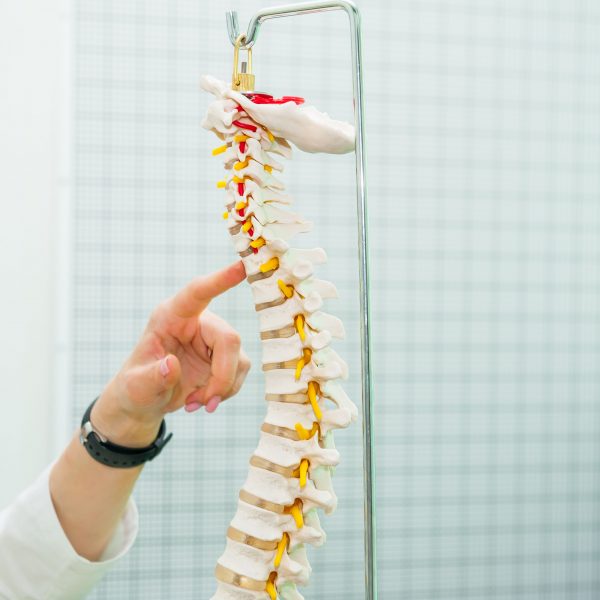The relationships within families are important for several reasons. For starters, positive family relationships are good for your mental health and well-being. Family relationships provide you with the resources to cope with stress, as well as help you boost your self-esteem. Positive family relationships encourage you to engage in healthy habits and behaviors, therefore promoting your well-being.
On the other hand, poor family relationships can add to your stress and can lead to poor mental and physical health. Stable family relationships provide strong emotional support that helps you to cope with your individual problems better.
In a study on the effects of family structure on the mental health of children, it was found that 89% of the children under study and who demonstrated behavioral problems came from families with some form of disruption. About two-thirds of the children in the study were exposed to trauma.
Of course, it is normal for families to go through conflicts. If the problem feels too much for your family to handle, you can consider going to family counseling. Family counseling sessions aim to get to the roots of your family issues, foster an open line of communication, and resolve the conflict peacefully and amicably.
Importance of Positive Family Relationships
Positive family relationships make you feel accepted and loved. Of course, everyone wants to be part of a loving family. Here are some benefits of having good family relationships:
- The children in the family feel more secure.
- The children in the family are more confident to face the world.
- The children are likely to build healthy relationships of their own in the future.
In another study published by the Journal of the American Medical Association Pediatrics, the levels of depression for those with better family relationships were generally lower. A stronger parent-children relationship also helped in the development of the children and helped protect them against mental problems in the future.
Create Quality Time With Your Family
Children who felt that they were understood and had fun memories with their families are at lower risks of depression. Spend meaningful and quality time with your children to build protective experiences which can help and sustain them as they grow.
Everyday experiences, such as sharing meals together, are a great way to catch up with your children on their day. Talk with each other. Share a laugh. Most important of all, listen. Keep away from your electronic devices during these times. When you are not holding your smartphone, you will be more focused on your family.
One-on-one time with your children is also important to foster your relationship with each of them. It can be as quick as a 5-minute chat, which you can do when you put them to bed, or when you drive them to school.
Do fun things together as a family. It does not need to be as grand as an overseas vacation as long as you are having fun together. It can be as simple as watching a movie together or a trip to the nearby beach for some fun under the sun.
Of course, do not forget to spend some quality time with your spouse. When your children see you in a loving, respectful, and healthy relationship, you are setting an example for them to emulate in the future in their own relationships.
Maintain an Open Line of Communication

Create an environment where children are encouraged to speak up their thoughts and feelings, without the fear of being judged. They need to have a place where their thoughts can be respected and understood. Having this safe place in your home can strengthen your relationships with them.
When your child approaches you to talk, set aside what you are doing. Listen to them with your full attention. Allow them to express their feelings. If they cannot talk openly with you, who will they talk to?
You must also be open to talking about difficult and uncomfortable feelings, such as anger and fear. Most families find it difficult to talk about topics that pertain to alcohol, sex, relationships, and academic problems. You can plan this out with your spouse on how you would navigate these topics so that you won’t get caught off-guard.
Another thing that parents should not forget is to give praise where it is due. Do not hold back with your praise. Tell your child that you appreciate it when he takes out the garbage at night and it makes things much easier for you. When your child feels that you appreciate them, they will likely do it again.
You should also invest in non-verbal communication. There may be times that your child will not feel like talking, but will need you for some hug. Be on the lookout for the signs and be ready to dole out those hugs and cuddles.
Your relationship as a family is your child’s first exposure to relationships. Make sure that your child is exposed to a loving and respectful relationship filled with affection.






